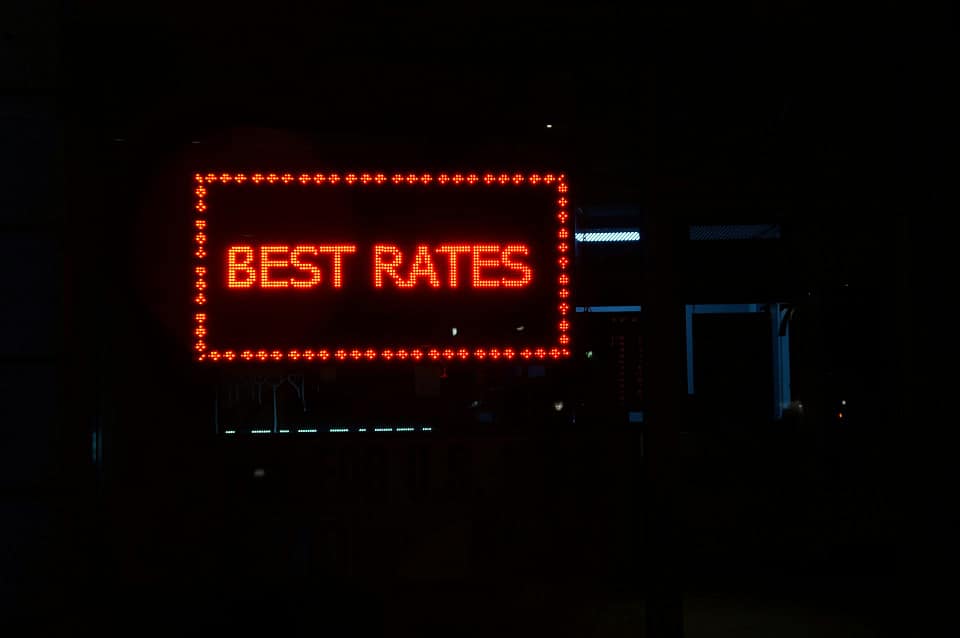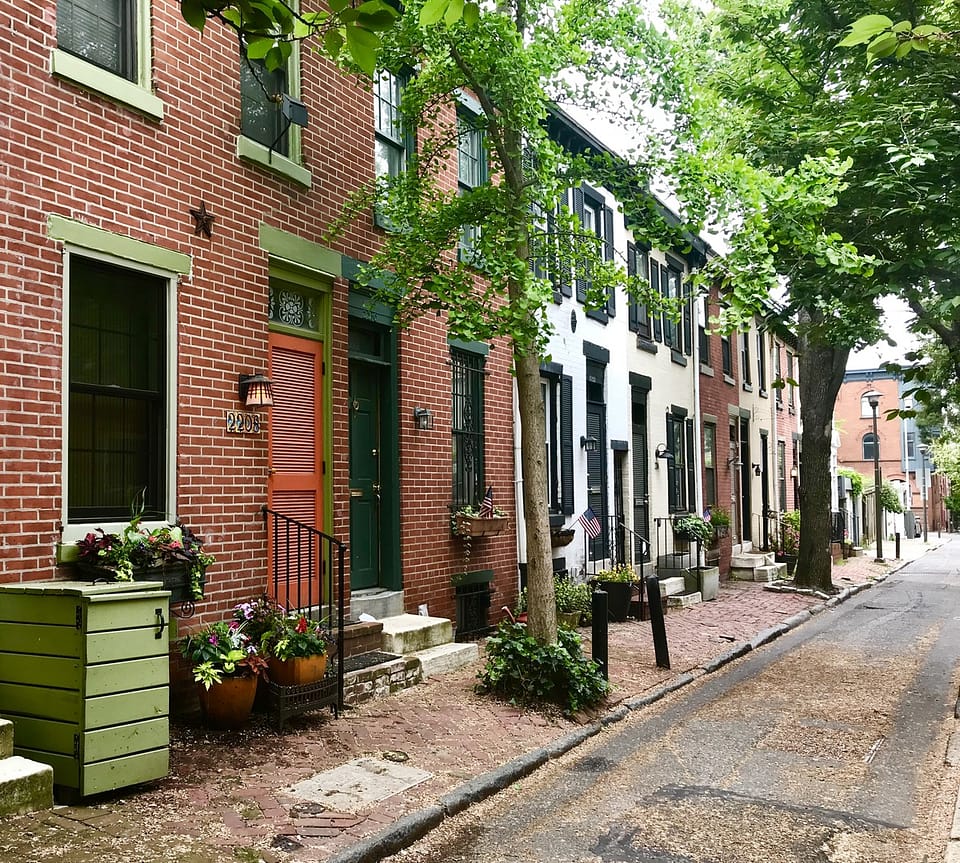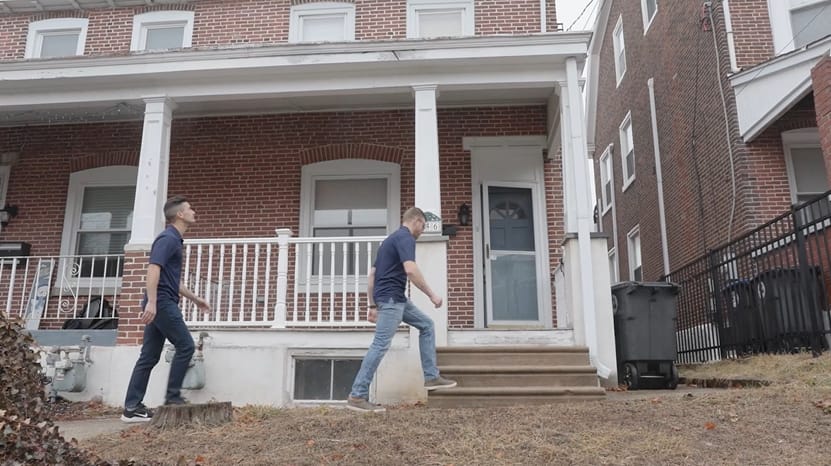Interest Rates and Real Estate – What’s the Story?

This one is juicy, informative, and focus-needing. I had to wrap my brain around the link between interest rates and real estate to make it concise for our readers. And I think I made it pretty INTEREST-ing.
There isn’t any home buying or selling without interest rates. Interest rates are what impact the buyers’ ability to purchase real estate and, inversely, the sellers’ ability to sell. Even for our cash homebuying business, interest rates matter as they will determine our funds. Interest rates impact:
- The changing home prices.
- The fluctuating mortgage options.
When we focus on Philadelphia, the professionals at Main Line specialize in interest rates when buying and selling real estate.
How Are Interest Rates Determined?
Interest rates start at the federal level. The Federal Reserve sets benchmark rates based on factors like new policies and the current state of the economy. These benchmark rates directly impact mortgage rates offered to you by your bank when you’re ready to purchase a property.
Effect on Property Values

Countless factors contribute to the value of a home listed for sale – one of the most impactful ones being interest rates. When interest rates are low, it’s cheaper to borrow from your bank. Increased affordability means increased purchasing power, creating a higher demand for real estate.
On the opposite end of the spectrum, high interest rates make borrowing more expensive. Demand and prices can drop pretty significantly in this case. High interest rates put an upper limit on how much buyers can afford to borrow, which will ultimately slow down market activity. Forget about trying to sell a house fast in Philadelphia during this type of market condition. Buyers hate high interest rates – you’ll get way fewer offers during times like this.
Besides interest rates, other features can impact the value of the property, such as:
- Location
- Property condition
- Age of the property
- Comparable properties in the area
- Quality of the online listing
An experienced realtor and real estate photographer can help you craft an online listing that accurately reflects the qualities of your property. Early on in the business, we sought professional photographers to make our properties desirable and appealing to prospective homebuyers.
Mortgage
Interest rates also play a big role in the affordability of mortgages. A lower interest rate means lower monthly mortgage payments, which makes buyers more likely to purchase a home because they can stay within their monthly budget.
What if you are trying to save up some cash to redo the kitchen layout? Knowing how much your mortgage will be can help you budget for these home renovation projects.
When Jon invested in his new home, the interest rates were around 4%. It was beneficial for him as he had to pay around $2,100 a month. And at that time, it was highly affordable.
Refinancing Opportunities
Drops in interest rates allow homeowners to refinance their mortgages for more affordable monthly bills. Refinancing your mortgage can make monthly payments more affordable and help you save on interest costs over the life of the loan.
Investor Considerations

Real estate investors pay attention to interest rates because they impact their strategies. Low interest rates cause more investment activity, increased demand, and potentially higher profits. High interest rates have the opposite effect, reducing profit margins and negatively affecting property appreciation and demand.
Economic and Market Dynamics
Interest rates influence the economy as a whole – not just the real estate market! Low interest rates are an attempt to stimulate overall economic growth. On the other hand, high interest rates are often used to combat inflation and stabilize prices, but can also lead to decreased consumer spending and investments.
Alex’s Take on Interest Rates and Real Estate
Here’s my two-bit:
- It is crucial to focus on mortgage rates because they directly impact real estate prices.
- If you are a prospective homeowner or investor, an easy way to research the impact of interest rates on real estate is through real estate professionals.
